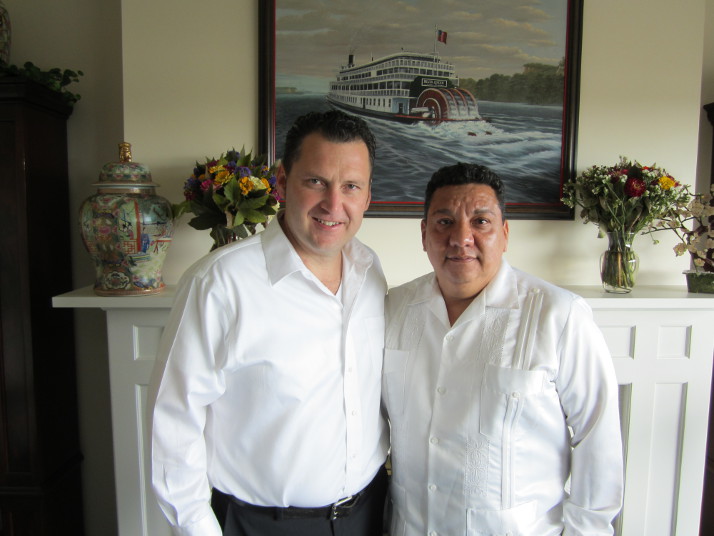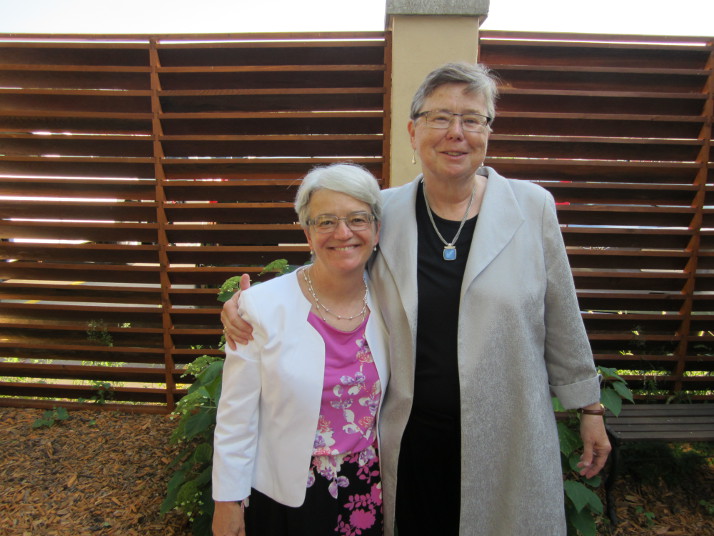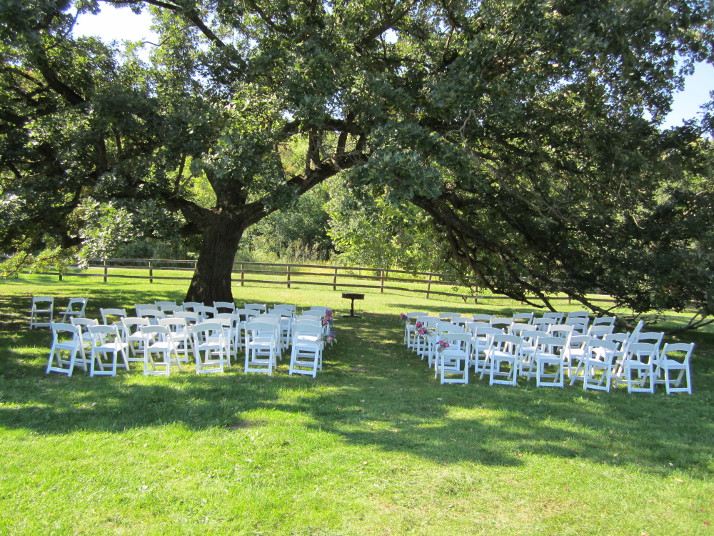A Shout Out to Mid-life and Encore Couples
I recently saw a statistic that one third of all couples marrying in the US include at least one person over the age of 40. This is happening for a couple of reasons. First, the age at which people first marry continues to climb, with the average bride now being 27 and the average groom being a full 30 years old. The other reason, of course, is people who are marrying for a second or subsequent time. As with all couples, mid-life and encore couples have unique considerations and needs when planning their wedding.
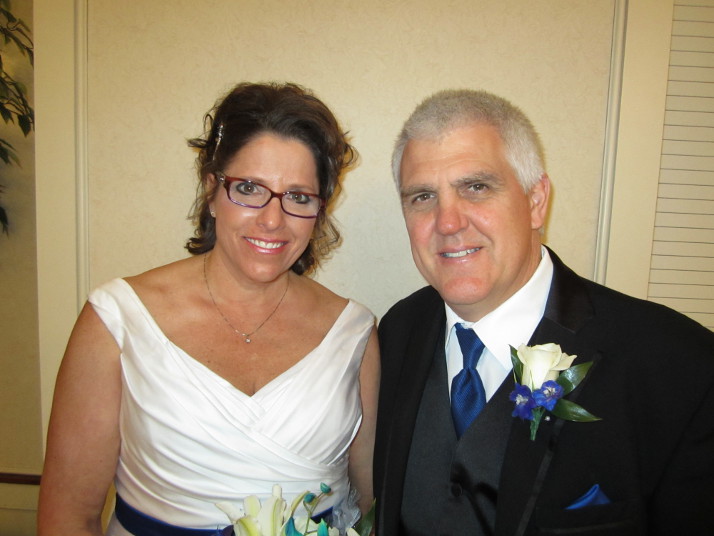
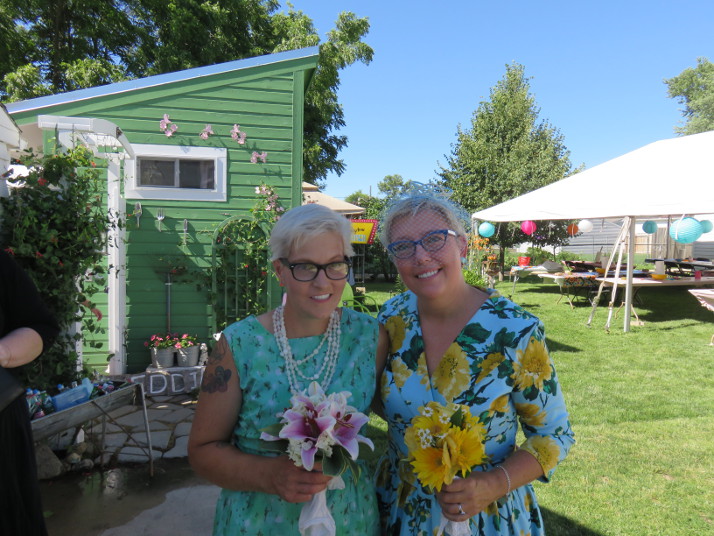
The article I was reading went on at length about the accommodations and special thought that wedding vendors need to consider when serving these couples. And I realized that I’m very lucky in this respect. Since I work with each couple to define the ceremony you want for your wedding day, my process doesn’t need to change at all when working with mid-life couples. I offer options, and each couple tells me what you want to include in your ceremony. This includes options for rituals, readings, vows and more. And since the focus stays on you throughout the ceremony, reflecting on the love you’ve found together, honoring the commitment you are making to each other in marriage, and celebrating the bright future in front of you, it is by definition, appropriate for you regardless of your age and previous marital experience.
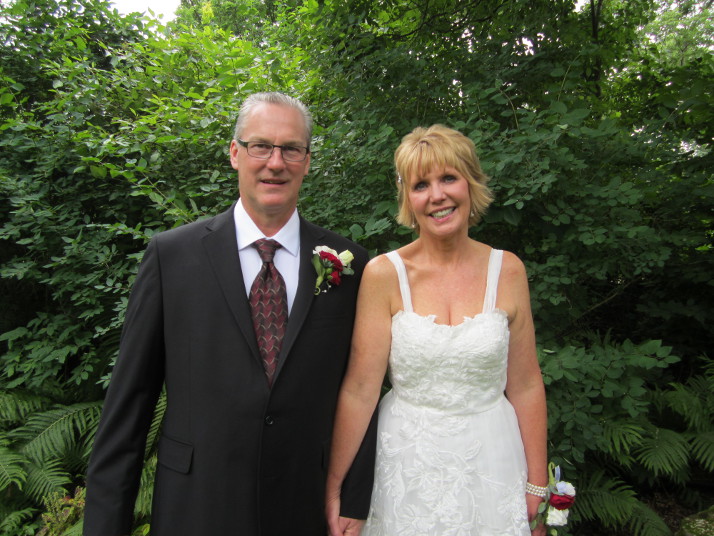
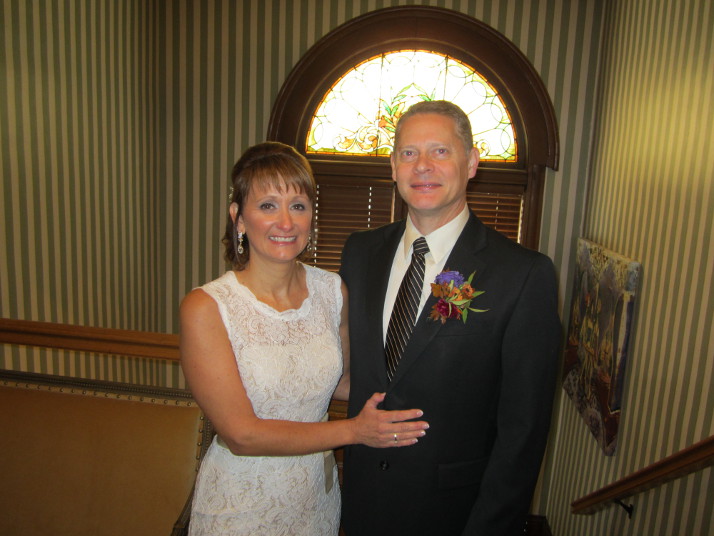
I’ve had the great honor to work with mid-life couples from back in 2010 when I started offering ceremony services, and I’m thrilled to include here today a few pictures of the wonderful couples I’ve married through the years. I sincerely hope they are continuing to write new chapters in their love stories as they share their lives together. If you are an encore or mid-life couple, I’d be thrilled to work with you to create the wedding ceremony that fits your vision and ideals.
